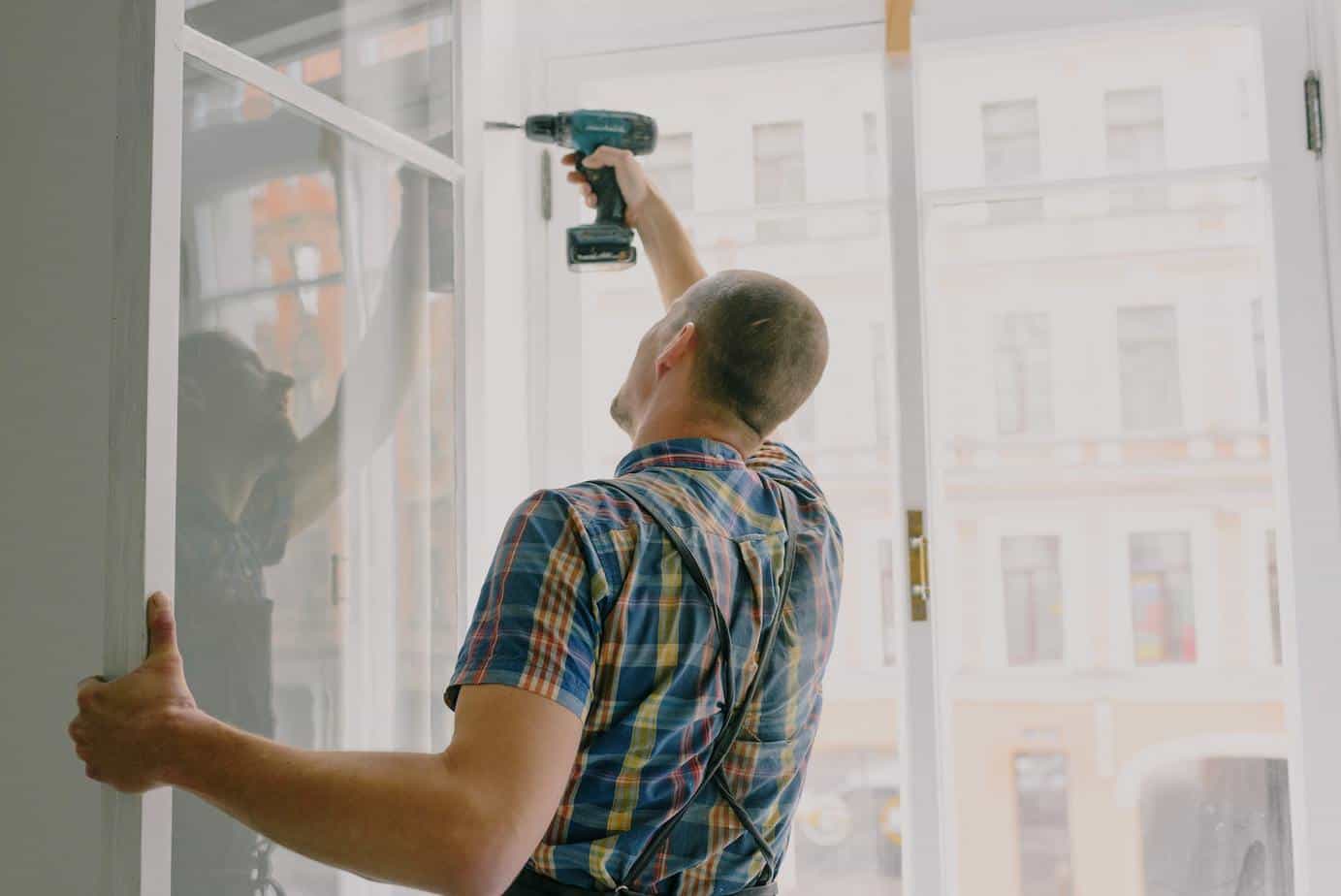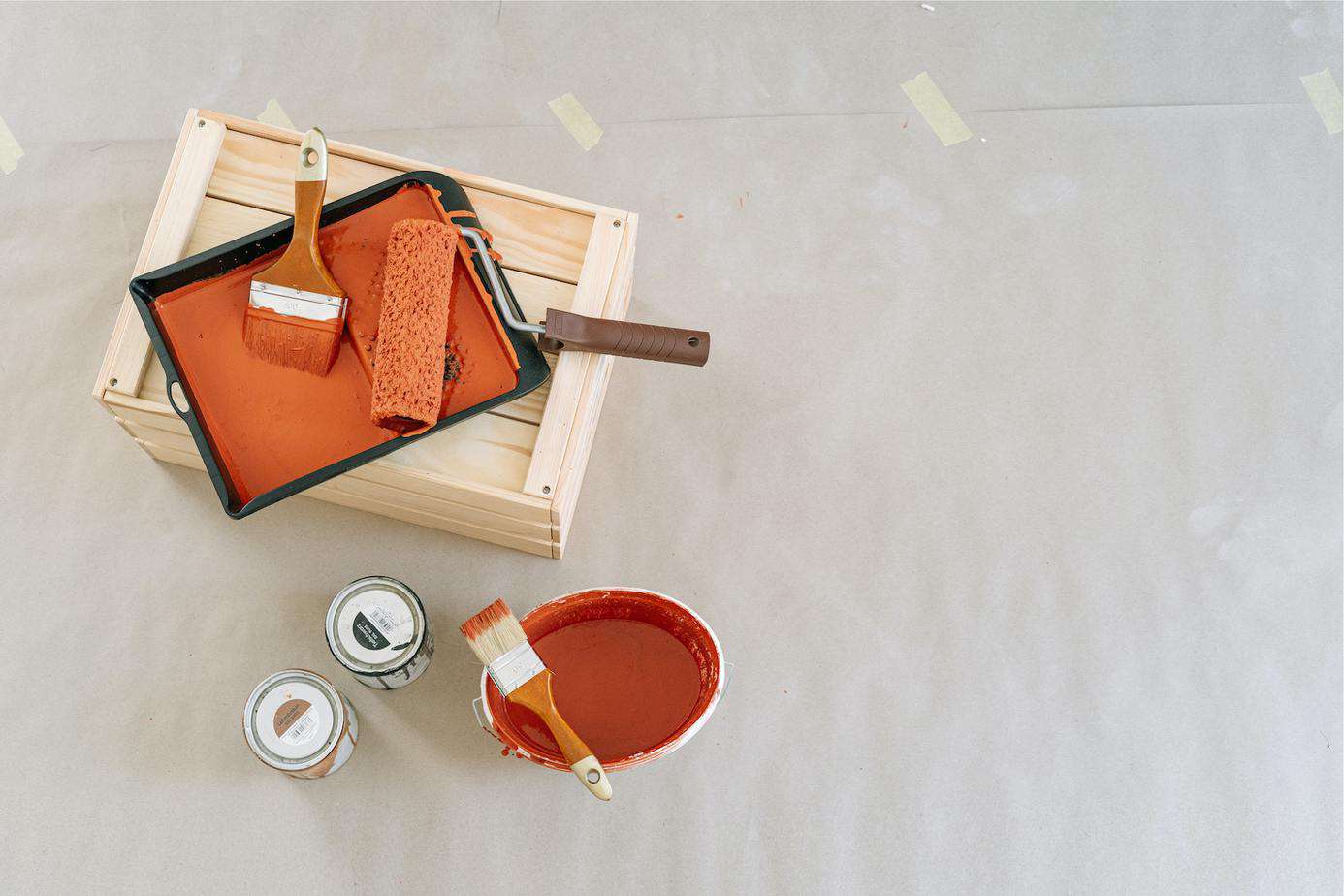Who Should Pay for Repairs in a Rental?
Certain things in the landlord-tenant relationship can become quite controversial. From getting rid of a raccoon in the garden to who should pay for HOA fees, every renter might face a stumbling block and question whether it is theirs or the landlord’s responsibility to take care of an issue.
One of the biggest dilemmas you might encounter as a tenant is if you are responsible for paying for repairs or it’s your landlord’s concern. To provide you with some clarity and give a base line, we’ve gathered the most common issues you might have with your rental property and who’s responsible for paying and arranging repairs.
Paying for Repairs — Rule of Thumb
If you’re a freshly minted tenant and need some help on landlord-tenant responsibilities 101, you should know that both tenant and landlord are responsible for the property maintenance. Generally, if the damage is caused by the tenant — even by accident — they are the one who has to cover the cost of repairs. For example, your landlord can ask you to pay for plumbing repairs if you clog the toilet by constantly throwing in Q-Tips and cotton balls.
The second thing to keep in mind is whether the problem is minor or needs some serious interference. Even if something happened as a result of wear and tear, but it can be fixed in less than 5 minutes — for example, a loose door handle — you can take care of it yourself. It might be faster and easier than asking your landlord to call for a maintenance person.
[content_block id=2514]
On the other hand, if it’s a significant issue, you should inform your property manager even if you know you’re responsible for repairs. An example can be a broken (not due to normal wear and tear) electric range. Even if you own up to it and are ready to purchase a new one, it’s better to consult with your landlord before heading to the store and buying the cheapest option.
While it might seem like the easiest way out and a perfect way to stay a good and responsible tenant in the eyes of your property manager, it could backfire later. The next time landlord stops by to fix something else, they might notice the difference and ask for an explanation. Or, it might become a reason for the dispute when you decide to move out, and the time will come for a move-out inspection.
Turn to Your Rental Agreement
Even before anything happens, you should know what your lease agreement says on the subject. Is there any mention of maintenance and repairs at all? Or is it the most concise paper you’ve ever signed, and it does not cover any of this?
Of course, we do not encourage you to learn every single section by heart, but you should have an understanding of what you can and cannot find in the lease agreement. That way, if you find yourself in a stressful situation when your kitchen sink overflows, you’ll know if you should call your landlord or a plumber first.

Wonder what’s normal to see in your lease agreement when it comes to maintenance and repairs?
Usually, the landlord might put in writing that they have to be informed about any maintenance and repairs in the apartment. So, if you decide to undertake any considerable project without them knowing, that falls into the unauthorized repairs category. And, according to the landlord-tenant law in many states, unauthorized repairs can result in eviction.
Also, you might find a clause that the landlord is responsible for fixing all major fixtures and items, such as roof, HVAC, electric, and plumbing systems.
Maintenance Falling Under Landlord’s Responsibility
According to landlord-tenant laws, landlords must ensure that the property is habitable. While the definition of this concept could somewhat vary depending on the state, it is possible to define some basic principles.
More like this: Guide to Rental Responsibilities: Tenants & Landlord Handbook
The rental property must meet basic health and safety standards before the renter moves in and during their tenancy. This includes a reasonably good condition of the structural elements (e.g., roof, walls, or foundation) and working electrical, plumbing, and heating systems. Anything that breaks or starts malfunctioning due to wear and tear or simply because of old age should also be generally repaired or replaced by the landlord or property manager. Usually, landlords are responsible for:
- Structural repairs (repairing cracks in foundation or walls, fixing roof issues, replacing floor joists);
- Plumbing problems;
- Heat issues;
- Electrical problems;
- Pest or rodent infestation.
Also, landlords usually fix or replace appliances that have been in the rental when the tenant moved in, but it’s not specified in state laws. For this reason, your safest bet is consulting your lease and discussing the issue and its solution with the landlord.
When Is the Tenant Responsible for Repairs?
Just like landlords, tenants also have certain duties they have to perform. State laws all around the country specify that a renter is obligated to keep the property in a clean and sanitary condition and not damage (intentionally or negligently) any part of the property’s structure, appliances, or facilities. Here you can find an example of tenant’s duties in Washington state.
As a result, a landlord can make the tenant pay for repairs if they violate this provision. These are a few examples when the tenant would have to pay for repairs:
- Burns in the carpet or floor;
- Burnt or stained countertop;
- Broken window;
- Damage caused by guests;
- Damage caused by pets.
Naturally, accidents happen, and no one is immune to them. While the landlord can deduct the cost of repairs from the tenant’s security deposit, it’s best to talk to them as soon as the issue happens instead of waiting until the last moment.
Summing Up
When in doubt about who should pay for fixing the issue, try to evaluate the problem by these two criteria. First, is it a minor or major issue? And, second, did it happen to the normal wear and tear, or rather it was your fault?
Finally, never forget about the importance of communicating with the landlord. Do your part in building an honest and trusting relationship with them, and it will pay off more than once for both of you in the future.






Write Your Comment